Deciding whether to use a credit union or bank can be a tricky process, but knowing what features are important to you in a financial institution is a great place to start.
Considering Your Options

If you’ve ever wondered whether banks or credit unions are a better fit for your money, it’s a good idea to review what each option has to offer.
Which is Safer, Credit Unions or Banks?

Credit unions and banks both have advantages, and no matter where you decide to keep your money, you can be assured that it’s safe.
What is the FDIC?
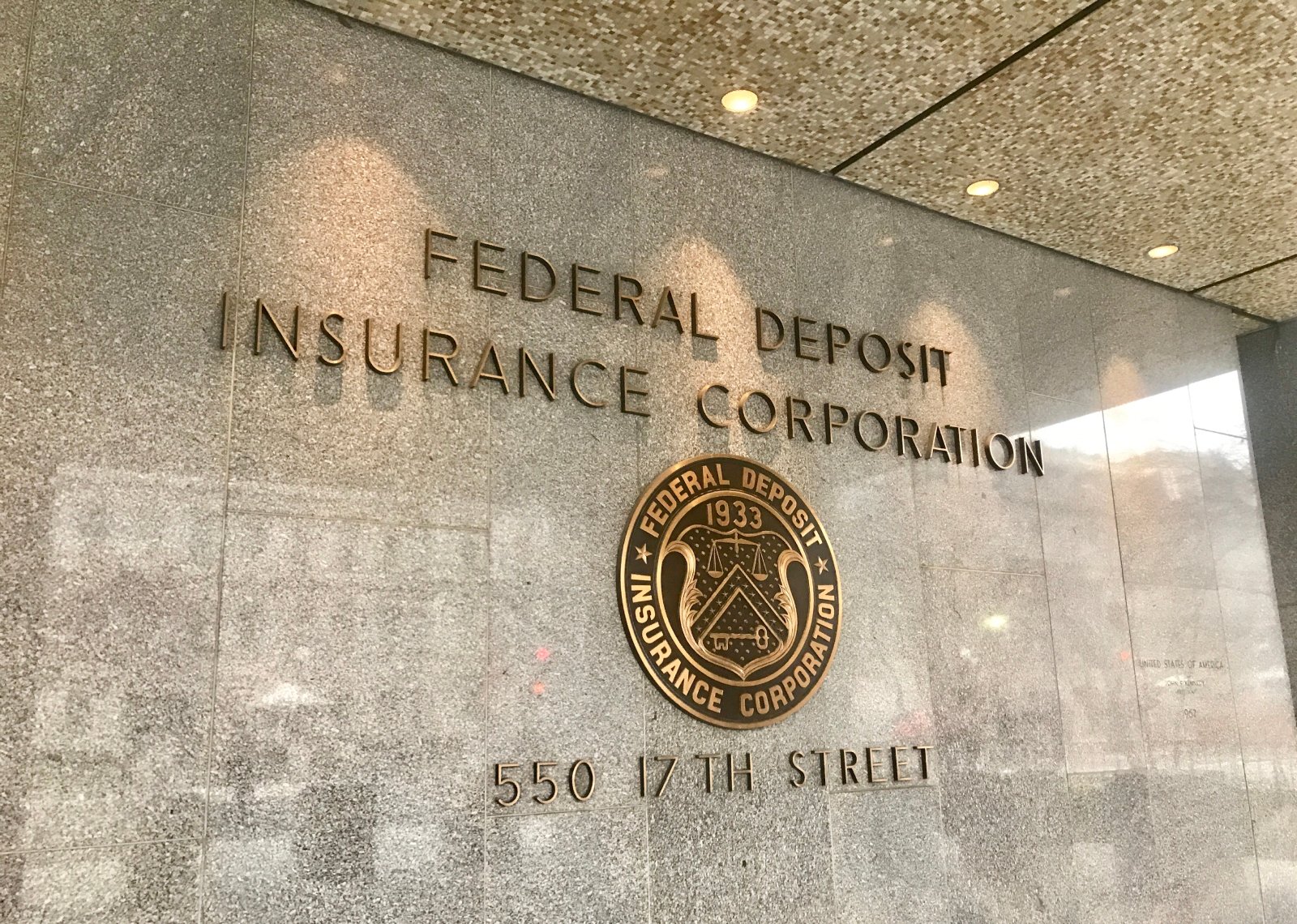
Most of the funds on deposit in banks are protected by the FDIC – the Federal Deposit Insurance Corporation. It protects funds in banks in the event that the bank goes under so that consumers don’t lose their money.
Who Covers Credit Unions?
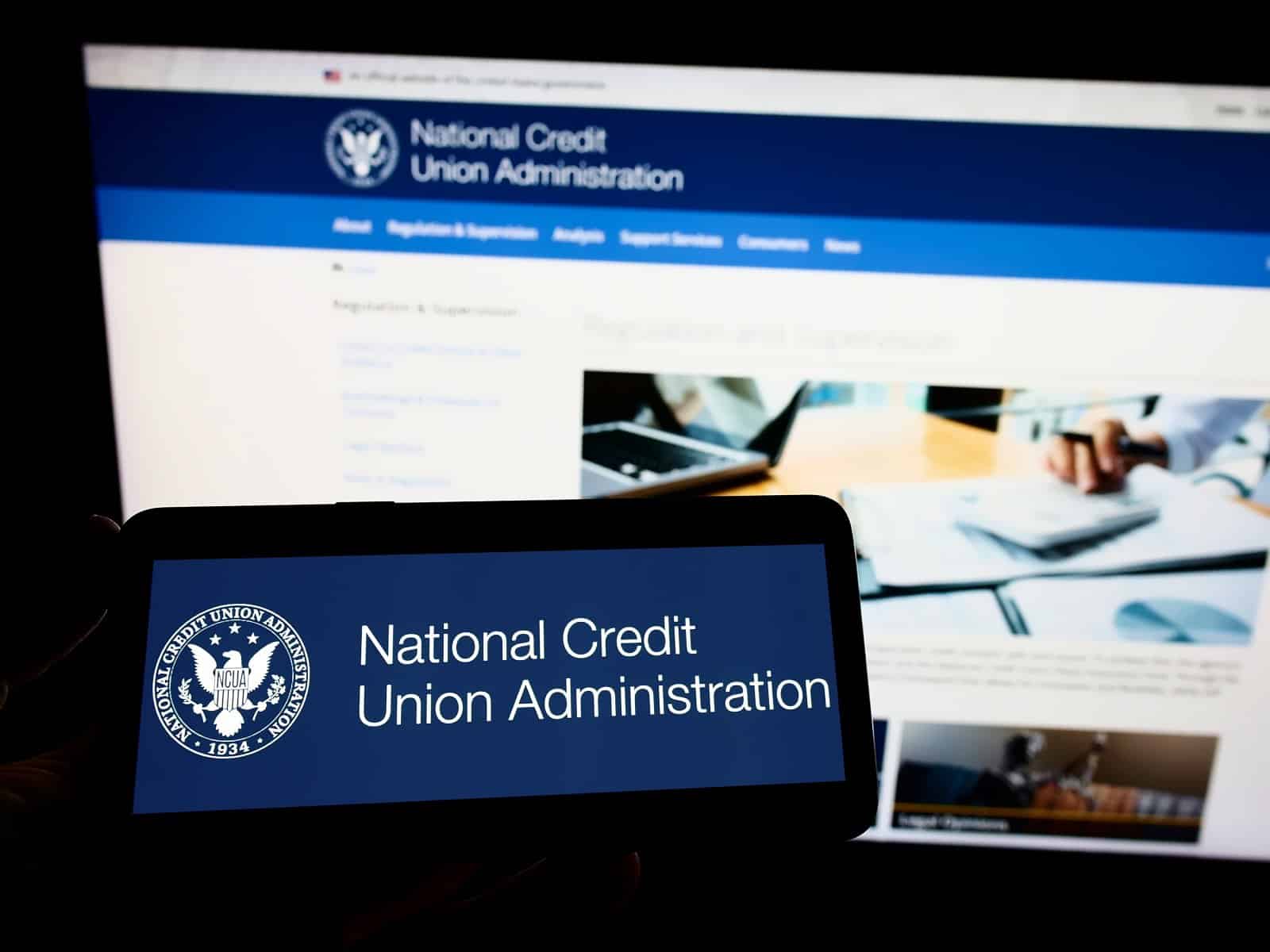
The FDIC doesn’t cover credit unions, but don’t worry – NCUA (National Credit Union Administration) insures money in those institutions.
Credit Union Members Are In Control

Credit unions may be considered safer in some ways because their investments are decided on by the members, who make decisions for the good of the group.
Decision Makers for Banks

Banks, on the other hand, have shareholders to keep happy, so their investments may be a bit riskier.
Banks and Credit Unions: Both Safe Options
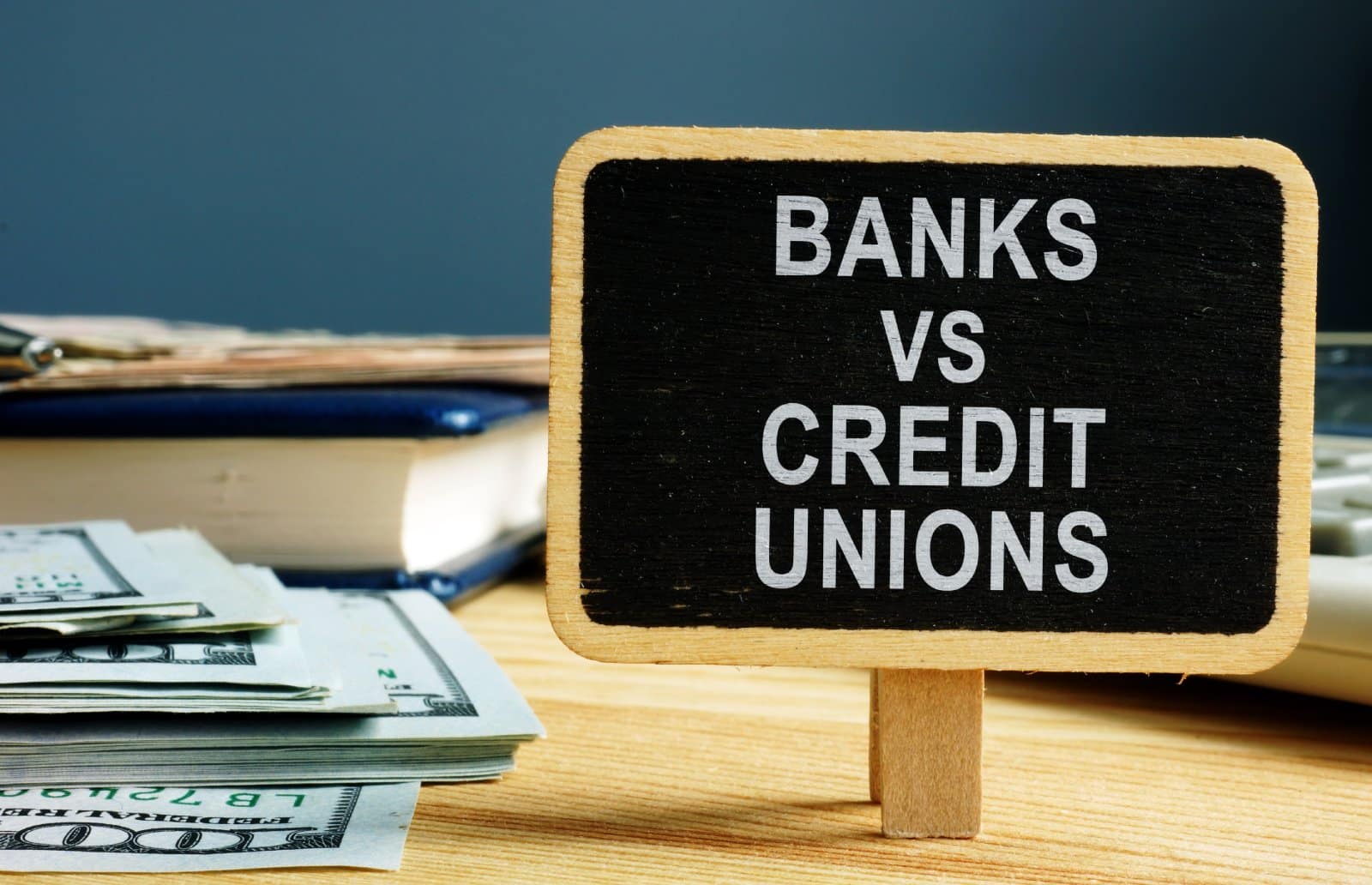
Banks and credit unions are both well-equipped to keep your money safe. However, both institution types have pros and cons, and it’s important to understand those when deciding where to keep your cash.
Convenience and Technology

Banks are more likely to have convenient perks like mobile apps, which may be important if modern technological features matter to you.
The Need for Local Branches

Credit unions can be a little clunkier, and may require more in-person visits to their branches to take care of your finances.
Bells and Whistles vs. Community Feel

Bigger national banks might offer more features, while credit unions offer a more local, community-driven touch.
What About ATMs?

You might find that credit unions give you more ATM access than banks – most credit unions partner with ATM networks that span large areas, meaning you could have free access to your money in more locations.
Online Banking

Online banking is generally offered by both credit unions and banks these days, so you can rest assured that either option will give you the connection to your accounts that you need.
Products: Fees, Loans, and Interest Rates

From home mortgages to auto loans to personal lines of credit, you’ll find what you need at banks and credit unions alike.
What Credit Unions Offer
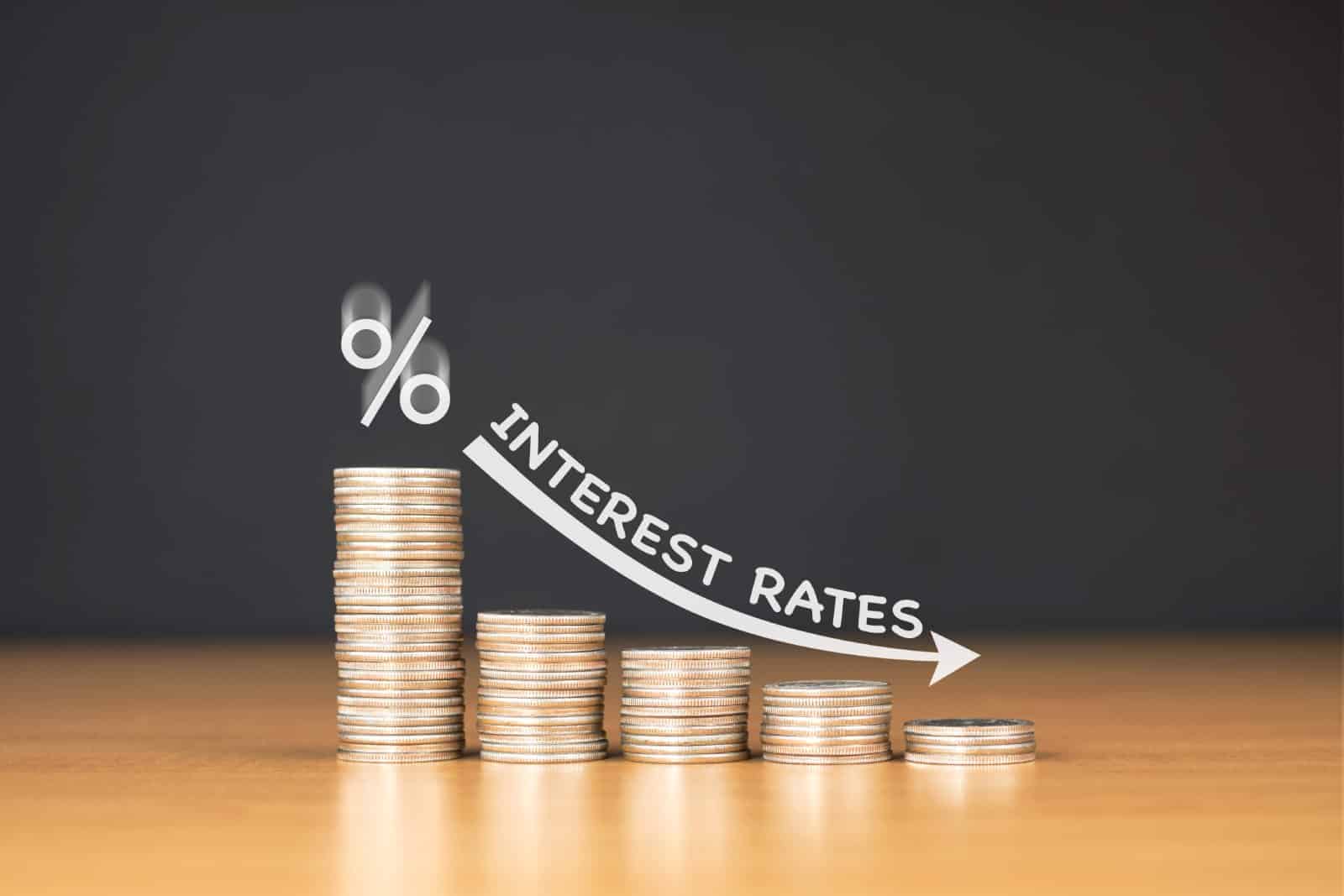
Credit unions, however, often have lower interest rates on loan products and higher dividends on savings accounts, so they might be a good option if you’re looking to get financing.
That said, they also might have stricter guidelines on who can obtain a loan.
Versatile Products from Banks

Banks tend to have slightly higher fees than credit unions, but in exchange, they also typically have more options for loans and credit lines than credit unions do.
With a bank, you might pay more in lender fees when obtaining a home mortgage, but you’ll have more options for financing your home than most credit unions.
Fees and Charges
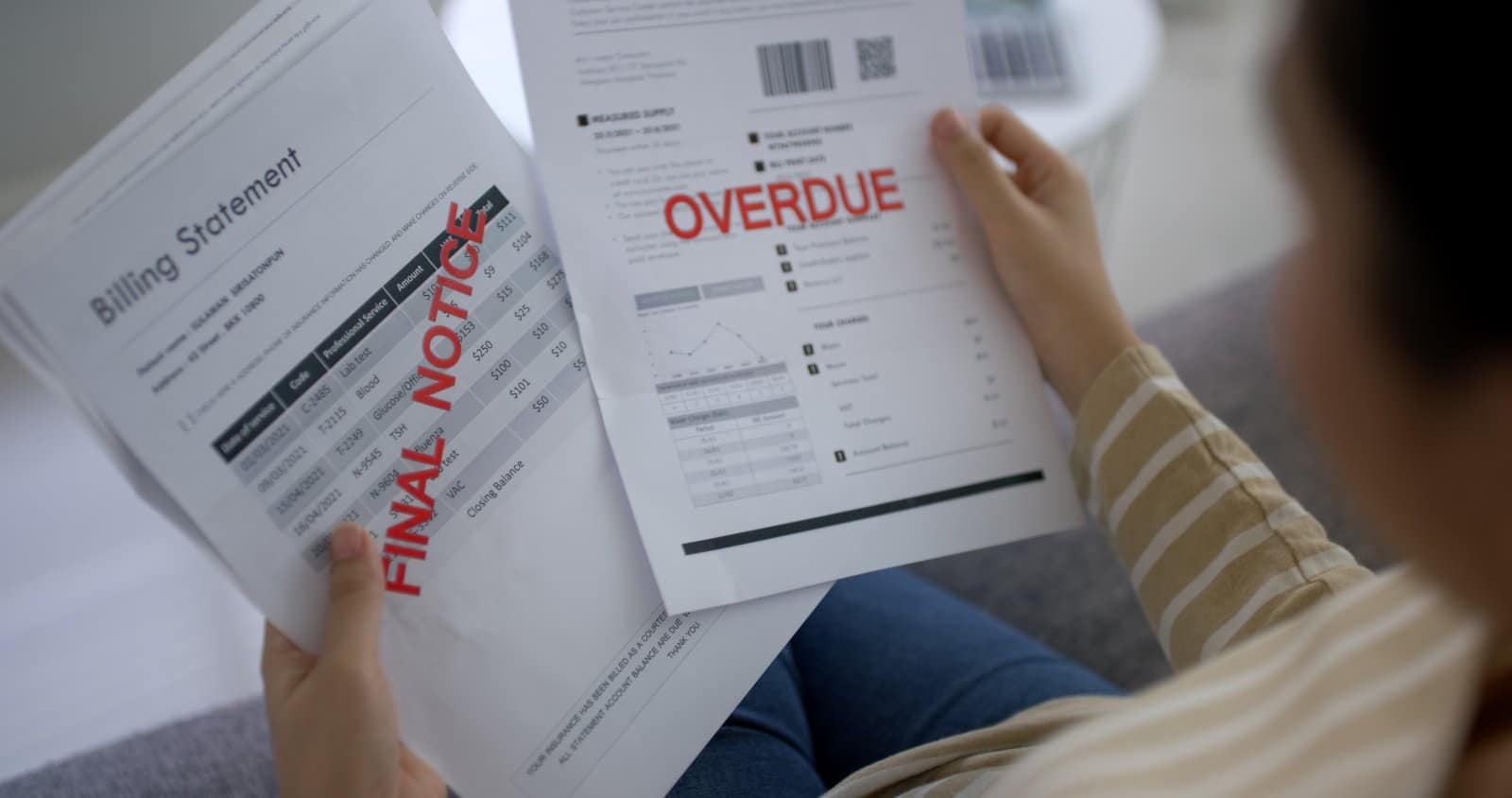
Credit unions usually offer lower fees for overdrafts and late payments, as well. Either way, there will be a specialist ready to talk with you about what products are available and which ones you qualify for.
How to Choose Which Option is Right for You

Credit unions offer a few perks that may not be strictly financial. There is an element of exclusivity. Usually, you’ll need to be a part of a community to join a credit union.
Some credit unions serve teachers, military members, or government employees, and often, their families are welcome to join as well.
Community Engagement

Credit unions also tend to be more involved in their communities, supporting small local businesses and schools with donations, sponsorships, and more.
Technological Features

On the other hand, banks offer more up-to-date technological features like mobile apps and AI assistance bots, and depending on the bank you use, you’ll likely find a branch no matter where you go.
They’re also more likely to offer a greater variety of loan products, leaving you with more financing options when it comes to making a big purchase.
The Bottom Line

Whether you choose to open a share account with a credit union or a savings account with a bank, you can feel confident that your money is safe.
Both options offer perks that attract specific customer bases, so you just need to review what is important to you in order to decide whether to use a credit union or a bank.
Biden’s New 401(k) Rule: Employers Frustrated as Retirement Planning Responsibilities Shift

The latest Biden administration rule on 401(k) plans is reshaping how employers manage retirement plans. It’s a complex scenario requiring a fresh understanding of fiduciary duties and provider relationships. This rule aims to protect employees but also imposes new responsibilities on employers. Biden’s New 401(k) Rule: Employers Frustrated as Retirement Planning Responsibilities Shift
Elon Musk: New Immigration Bill ‘Enables Illegals to Vote’

Elon Musk is calling for prosecutions after the text for a new senate bill on immigration was released. Musk accused the new bill of “enabling illegals to vote.” Elon Musk: New Immigration Bill ‘Enables Illegals to Vote’
Colorado Officials Reject Sanctuary City Status, Warn Against ‘Dangerous Game’

With increasing numbers of migrants arriving in Colorado, public officials have rejected any notion of the state becoming a sanctuary for migrants and asylum seekers. Colorado Officials Reject Sanctuary City Status, Warn Against ‘Dangerous Game’
Disney Challenges DeSantis’ “Don’t Say Gay” Rule With a Hefty Lawsuit

Disney is set to appeal its refusal for a lawsuit against Ron DeSantis, who stripped the company of its rights for disagreeing with the Governor’s views on the teaching of sexual orientation in classrooms. Disney Challenges DeSantis’ “Don’t Say Gay” Rule With a Hefty Lawsuit
Trump on the Attack as 21 Million Americans Flock to Obamacare, Biden Pushes Forward

An unprecedented surge in health plan enrollments has reignited former President Donald Trump’s commitment to dismantling the program should he secure the GOP nomination once again. Trump on the Attack as 21 Million Americans Flock to Obamacare, Biden Pushes Forward
The post Understanding Banks vs. Credit Unions: Which Is Right for Your Money? first appeared on From Frugal to Free.
Featured Image Credit: Shutterstock / Zivica Kerkez.
The content of this article is for informational purposes only and does not constitute or replace professional financial advice.
